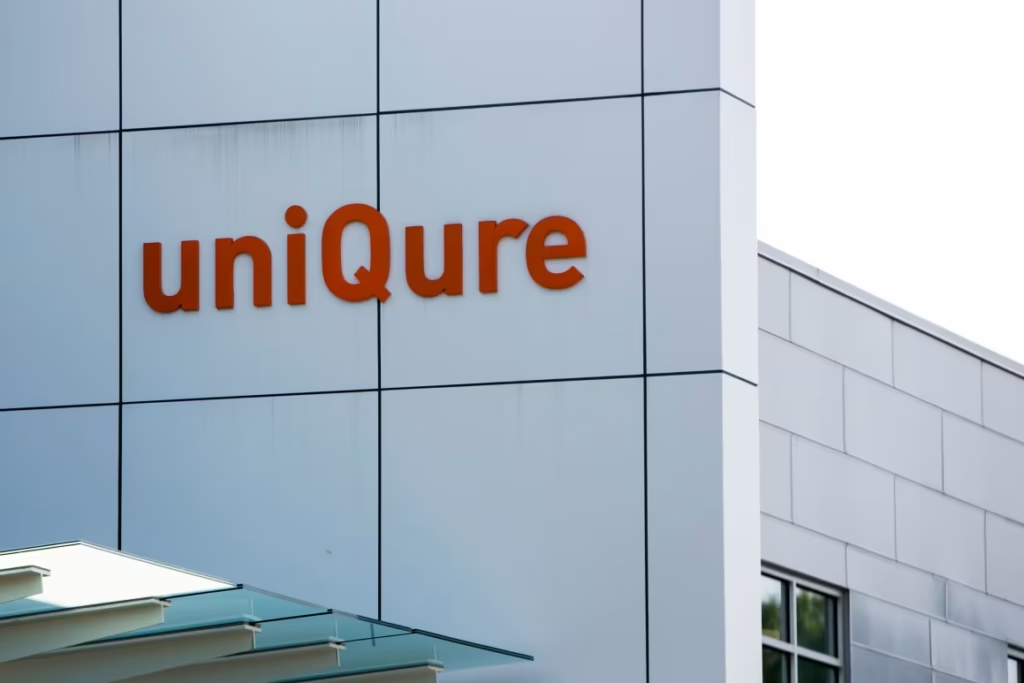A recent clinical trial has revealed that a new gene therapy called AMT-130 by uniQure can significantly slow the progression of Huntington’s disease by about seventy five percent over three years in patients who received a high dose The therapy works by reducing the production of the mutant huntingtin protein that causes harm in the brain Symptoms of Huntington’s include movement difficulties cognitive decline and mood changes and until now there were no treatments that could slow the underlying disease rather than just ease symptoms
The trial involved twenty nine patients in early manifest stages of the disease Seventeen patients received a high dose and twelve patients a lower dose Outcomes were compared to a matched external control group drawn from natural history studies The high dose group showed seventy five percent slower decline according to a composite rating scale called cUHDRS compared to the control group Functional abilities measured through Total Functional Capacity declined about sixty percent more slowly in treated patients Secondary measures of cognition and motor performance also showed encouraging stability or slower deterioration in the high dose group while the low dose group had variable results Changes in biomarkers supported the clinical findings Notably levels of neurofilament light protein in cerebrospinal fluid were reduced indicating that neuronal damage was being mitigated
Safety signals so far are promising The therapy was generally well tolerated in both dose groups and no new serious safety issues have emerged since late 2022 The procedure delivering AMT-130 involves a one-time neurosurgical delivery of viral vector medicine into key brain areas affected by Huntington’s Patients will continue to be monitored over time to understand longevity of the benefit
Future steps will focus on gaining regulatory approval uniQure plans to submit data to the US Food and Drug Administration early in 2026 if all goes well The potential of this treatment is vast For the first time the Huntington’s disease community can point to a therapy with true disease modifying effects rather than only symptomatic relief Challenges remain including ensuring access cost managing delivery in different centers and confirming results in larger trials Still this breakthrough offers hope to families and patients who long have waited for a treatment that changes the course of this devastating genetic brain disorder


